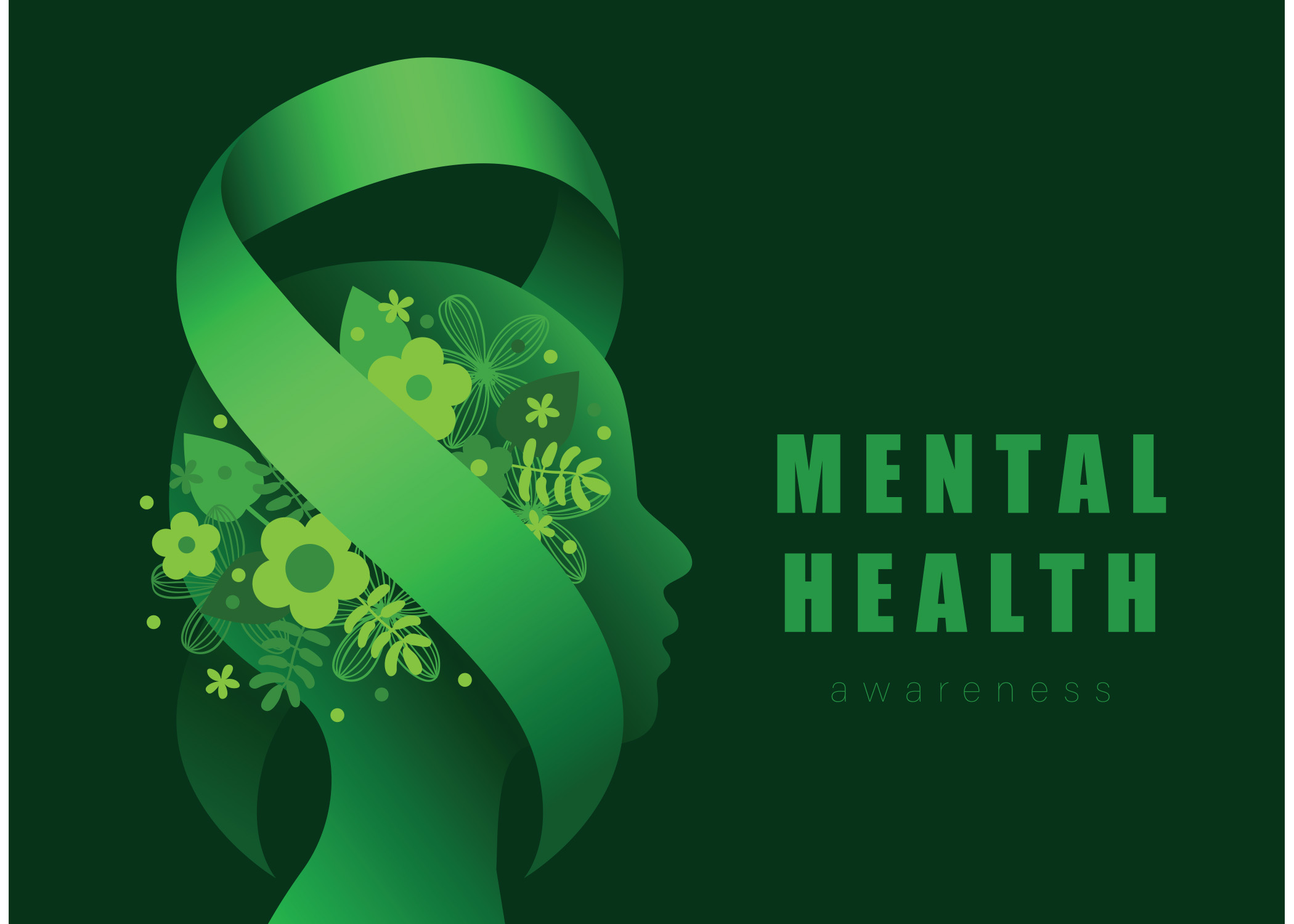By Melanie Slone
As difficult as it is for families to access overall health services, it’s even more challenging regarding mental health. The CDC notes that nearly 1 in 4 adults in the United States live with a mental illness; one in five women have a mental illness, according to the FDA. The numbers for men are less known since men tend to keep their feelings bottled up.
July is Minority Mental Health Month, focusing on the extra challenges faced by people in minority racial and ethnic groups in the United States.
According to the CDC, mental health encompasses our emotional, psychological, and social well-being. It is closely linked to our emotions and behavior and to how we think, feel, and act. It can also determine how we interact with others and make important decisions.
There is no reason to feel ashamed if you need help managing your mental health, just as there is no shame in taking care of your physical health. These conditions are usually treatable.
The best way to improve mental health for people from minority groups is to collect data and create plans based on it. From here, new ideas emerge on how to detect and treat mental issues. So, take part in community surveys and don’t be afraid to share with your doctor or therapist how you are feeling and what you are experiencing.
“Talking about mental health in communities of color means uplifting cultural strengths, honoring healing traditions, and recognizing that resilience is shaped by lived experiences,” says Leon Altamirano, Psy.D, a behavioral health consultant with TrueCare.
Don’t be embarrassed to ask your physician about mental health services and materials in the language that makes you the most comfortable.
Your participation can also help in the creation of culturally and linguistically appropriate treatments and communications. At the same time, if you are from a minority group and you are interested in going into the health field, you can help close the gap between patients and practitioners. “When we don’t see people who look and think like us, it can discourage us from seeking help, further hindering the advancement of minorities accessing mental health care,” says Altamirano.
FDA data and the National Survey on Drug Use & Health show that:
- 21.4% of Hispanic adults had a mental health condition within the past year.
- Fewer than half of African American adults get care for mental health.
- Asian Americans are 60% less likely to receive mental health treatment than non-Hispanic Whites.
- Barriers to mental health include a lack of health insurance and treatment options as well as the stigma around mental health.
- Mental health can be affected by alcohol or drugs; feeling lonely or isolated; chemical imbalances in the brain; difficult childhood experiences including abuse; physical health issues like cancer.




